Lesotho
Small landlocked kingdom of Lesotho has gained a population growth of 132,168 since 2006 when its population was 1,876,633.
According to provisional results from its 2016 Population and Housing Census released by the Bureau of Statistics on Saturday, the country’s population as of April 10, 2016 is 2,008,801.
39.6 percent of the total population are minors including 403,000 males and 391,940 females, local media portal Lesotho Times reports.
It adds that the average population density is 66 people per square kilometre and 349.8 people per square kilometre of arable land.
“The results will provide us with benchmarks against which our performance as government and the nation should be measured, especially in tracking our performance in the implementation of Sustainable Development Goals, Agenda 2063, SADC RISDP and other developmental initiatives,” Minister of Development Planning, Tlohelang Aumane was quoted as saying.
The United Nations congratulated Lesotho for conducting the census in line with the United Nations 2020 round of population censuses.
The United Nations Population Fund Representative, Nuzhat Ehsan said Lesotho is the first African country to hold a digital census.
“We are proud that Lesotho has been the first country within the 2020 round of censuses to conduct a digital population and housing census using hand held mobile devices (Android Tablets) for full implementation of the census,” she said.
She encouraged the Bureau of Statistics to share its experiences with other African countries as the new data will help to strategize actions to ensure domestication and achievement of the Sustainable Development Goals.
Lesotho is encircled by South Africa.



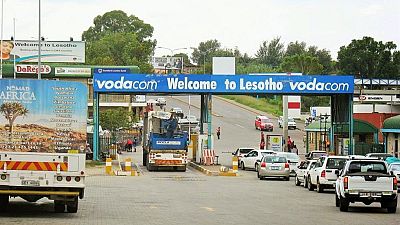


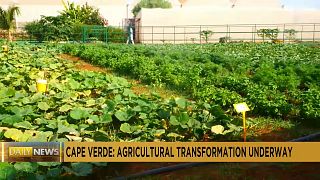
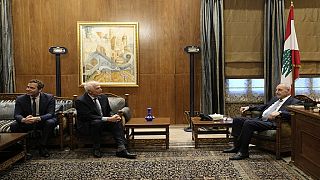

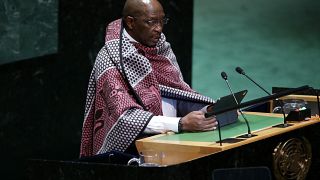
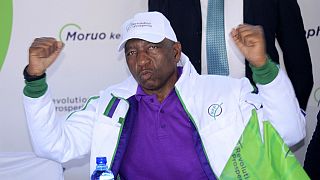
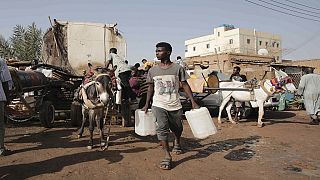
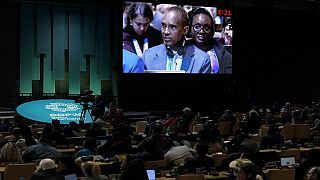
01:37
Record participation at 24th Sofi Great Ethiopian Run
11:05
Africa's hight cost of climate change [Business Africa]
01:17
COP29 finance talks lag as the summit reaches its halfway mark
01:38
COP29: What next for Africa's energy transition?
01:00
Civil society takes center stage at Brazil’s G20 social summit
01:58
Climate adaption: Unfulfilled pledges mean “lost lives and denied development” – UN chief